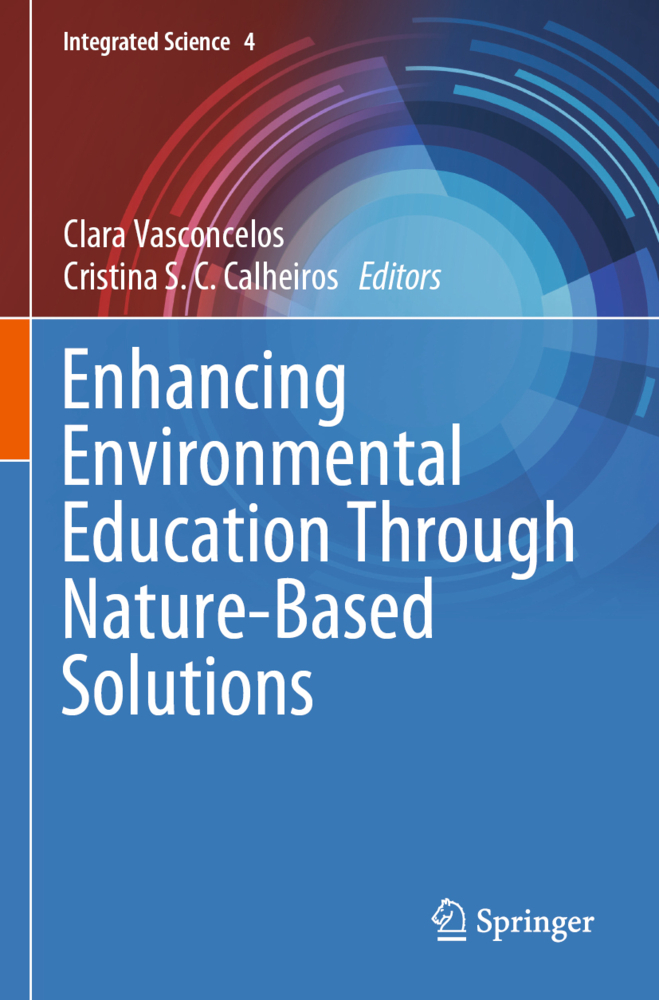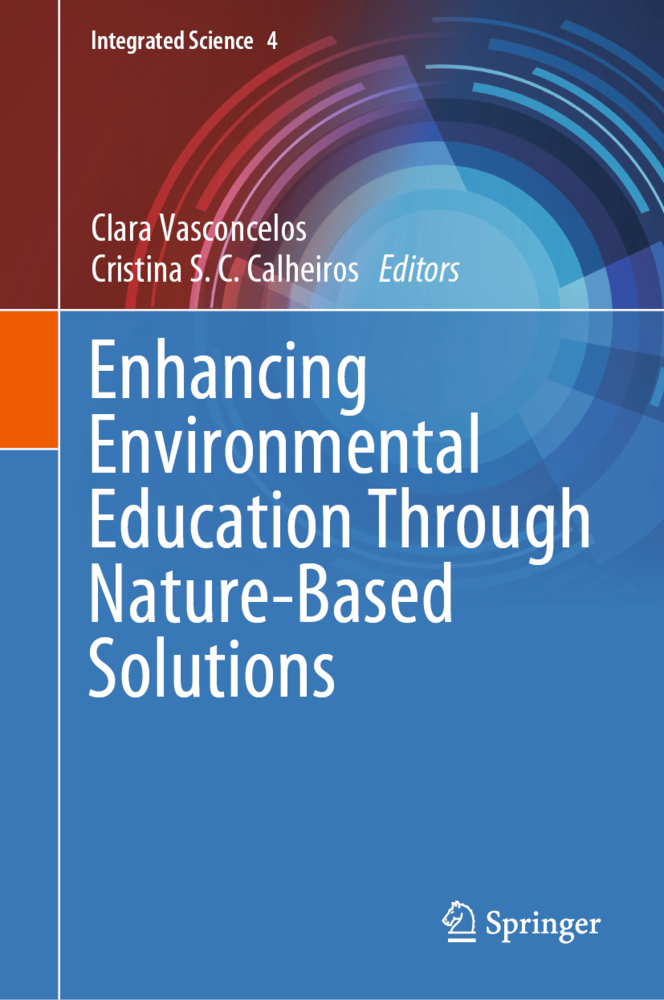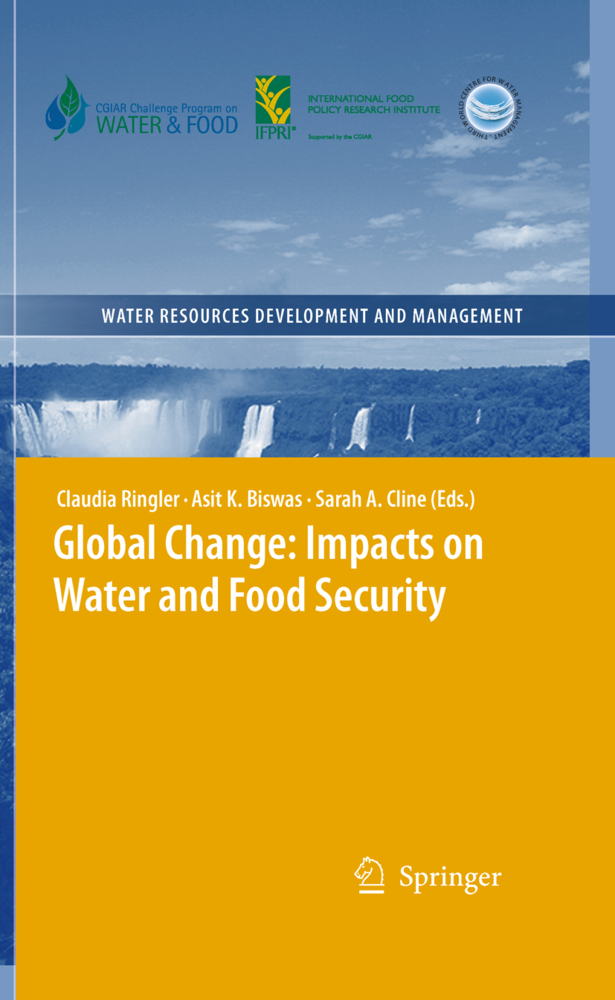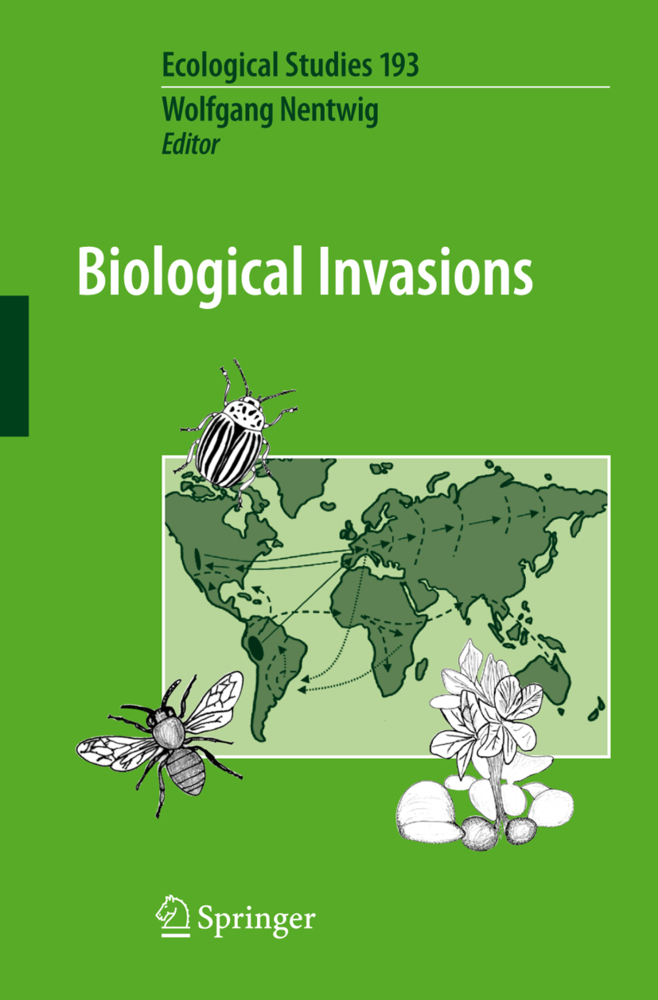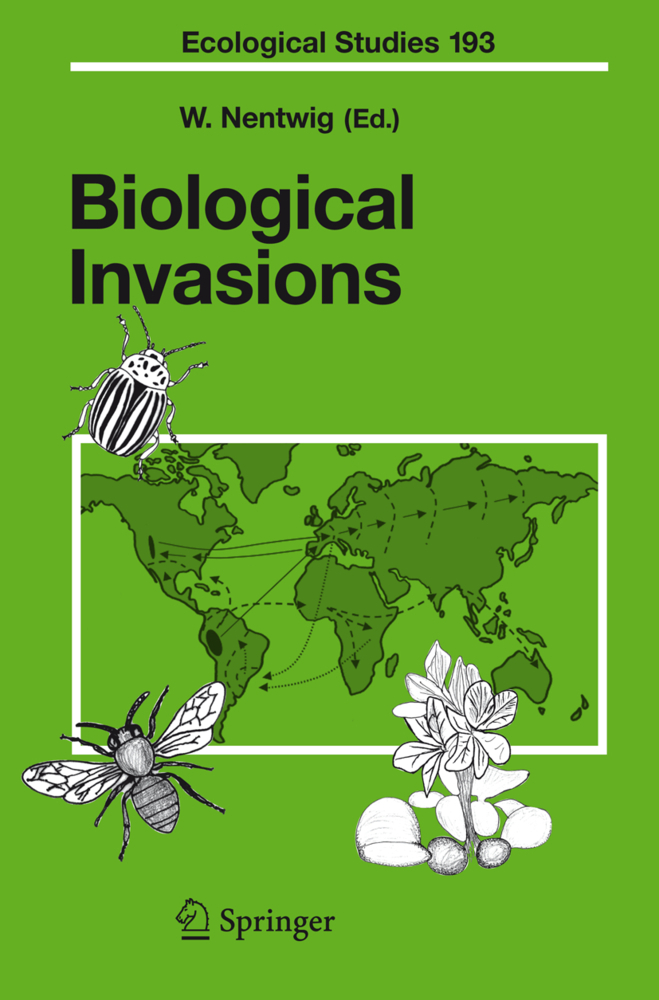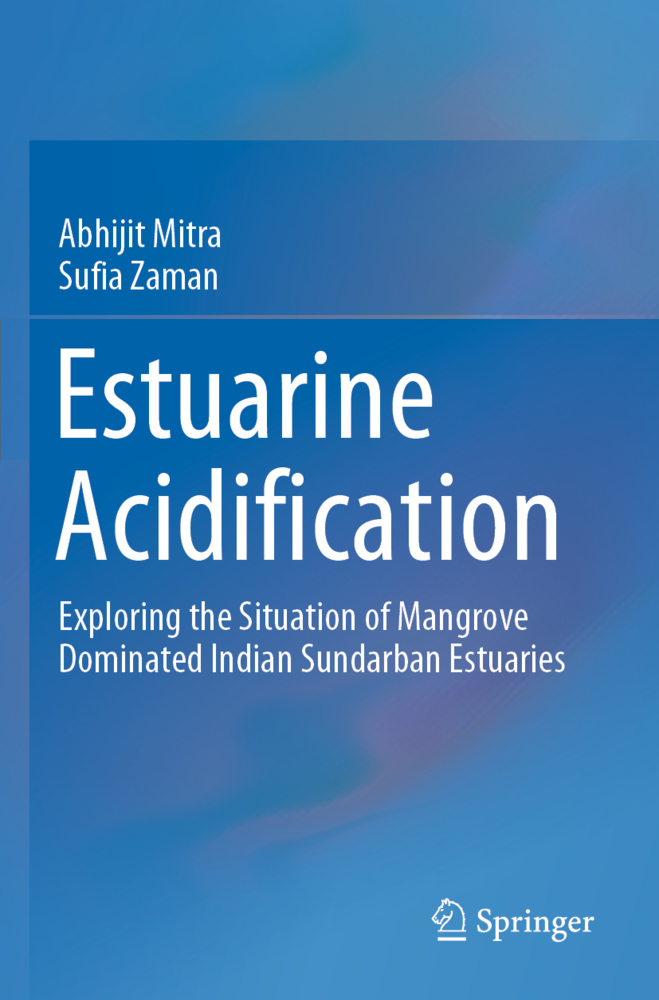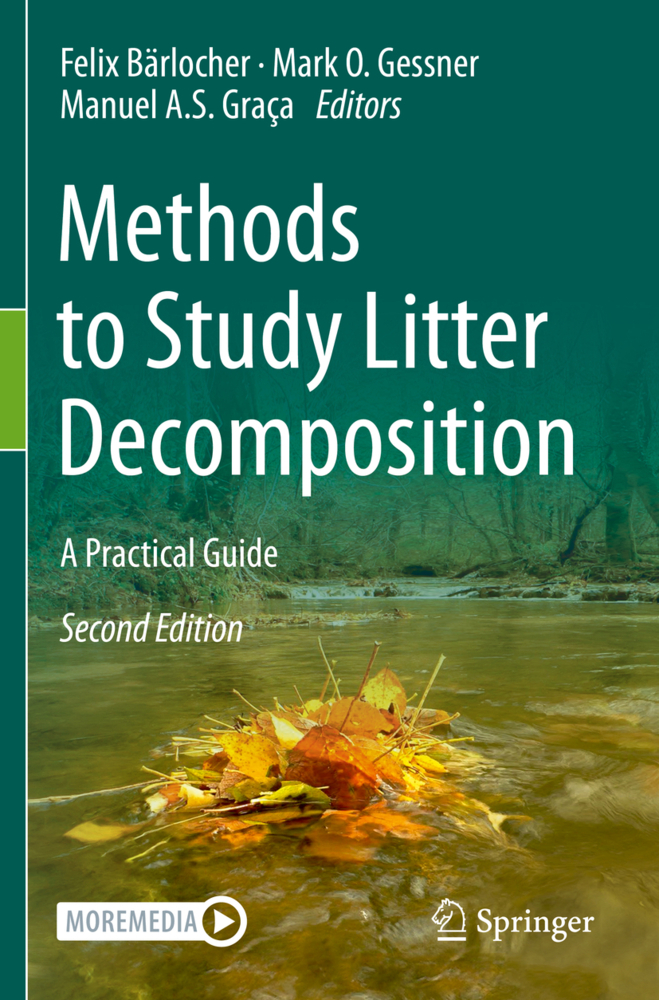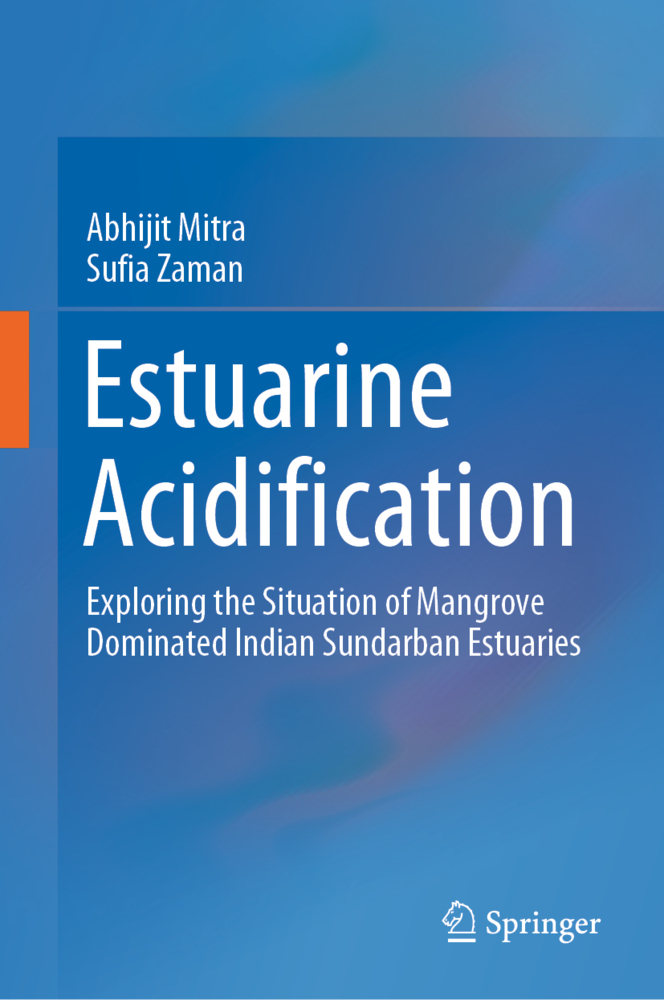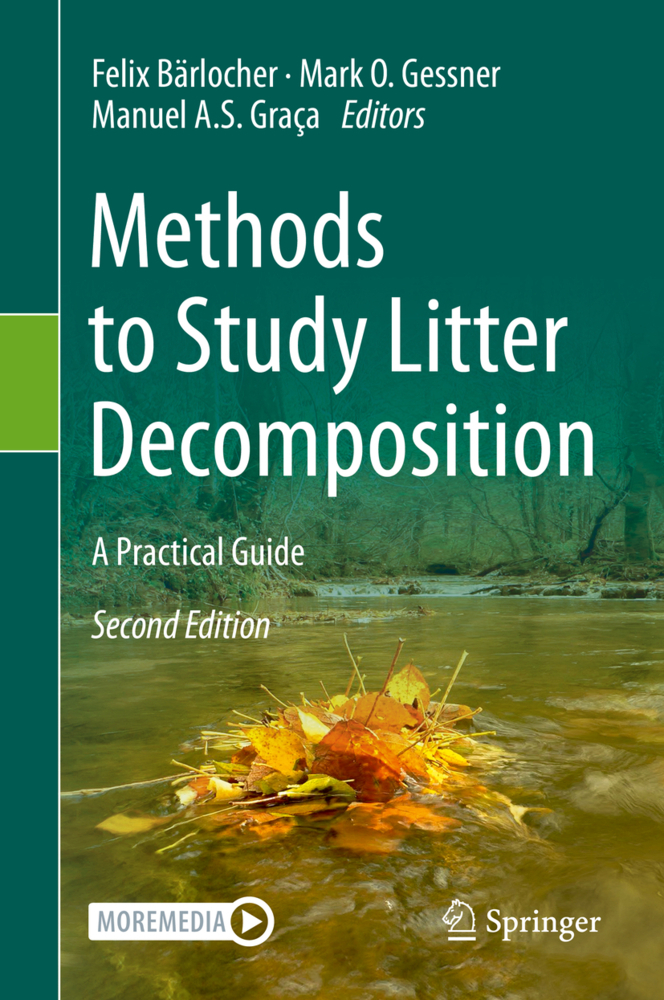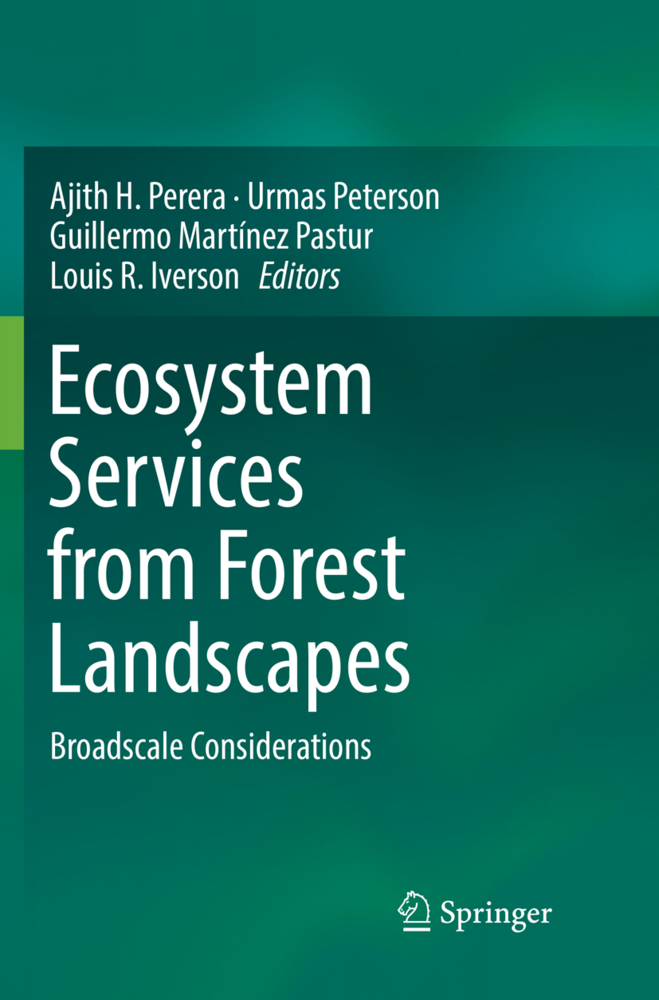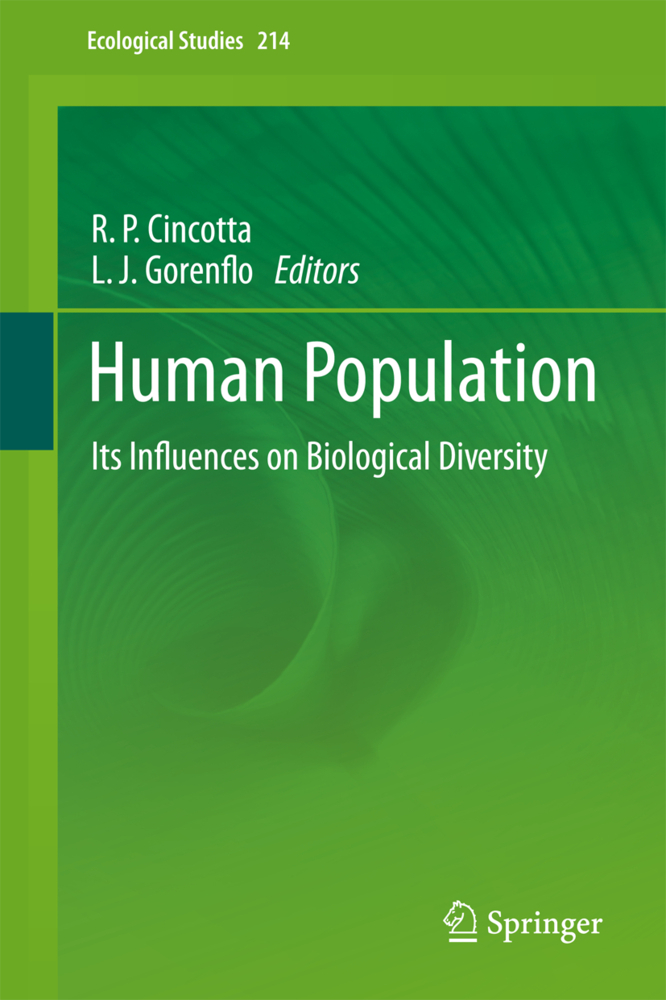Enhancing Environmental Education Through Nature-Based Solutions
Enhancing Environmental Education Through Nature-Based Solutions
This Book presents innovative and state of the art studies developed in Environmental Education in different countries to highlight this theme and promote its implementation all over the world. It will give a scientific perspective of Nature-based solutions to promote environmental education in all citizens and a more educational perspective as to how this approach can be implemented at schools and universities. Not less important is that includes science communication as a key factor for training and disseminating about the environment. The invited authors are recognized experts with excellent work developed in Environmental Education.This contributed volume presents innovative and creative work in the area giving a step forward in the implementation of Environmental Education, namely as a target of 2020 United Nations Agenda for Sustainable Development. The invitation of authors from many different countries allows the creation of a network and subsequently the book will bring concrete ideas as to how to develop operational capacities to bring added values to Environmental Education at an international level.
Part I: About Environmental Education.- Chapter 1 - Training and dissemination about the Environment: keys to impulse the abiotic component of Environmental Education.- Chapter 2 Educating to deliver environmentally focused social innovation.- Chapter 3 - Environmental education for sustainable development: working for fundamental rights.- Chapter 4 - Nature as a teaching resource and the nature of learning.- Part II: Environmental Education and it´s Teaching.- Chapter 5 - The importance of Nature-based solutions to enhance Cabo Verde's Environment.- Chapter 6- Development of Scientific Literacy and the impact of environmental attitudes of citizens in a geological natural space.- Chapter 7- A PBL approach to Environmental Education through a Field Trip and a Science Centre Visit.- Chapter 8- Living labs in higher education: sustainable buildings technologies.- Chapter 9 - What is doing Latin America regarding the teaching of Nature-based solutions to boost Environmental Education?.- Chapter 10 - Lessons learned from including aquaponic experiments into five different tertiary education curricula.- Chapter 11 - Recommendations for promoting Environmental Education through Nature-based solutions at Turkish Higher Education Institutes.- Part III: Environmental Education and Social Engagement.- Chapter 12 - Bees and Society: native biodiversity as a strategy for environmental education based on the processes of nature.- Chapter 13- Perceptions about Sustainable Development of visitants in an Environmental Education Natural Park.- Chapter 14 - Start Park project: co-designing green-blue infrastructures to build resilient communities to climate change.- Chapter 15 - Societal embedding in geoparks: a case study in Portugal.- Chapter 16 - Environmental Education in Naturtejo UNESCO Global Geopark (Portugal): a nature-based approach.- Part IV: - Environmental Education and Nature-Based Solutions.- Chapter 17- Green Roof and walls technology standardisation and market across Europe.- Chapter 18- How Nature-Based Solutions can Contribute to Enhance Circularity in Cities.- Chapter 19- Nature-based solutions to promote environmental education on integral ecological sanitation.- Chapter 20 - Nature-based solutions for environmental education in the East Asian context.- Chapter 21- Decarbonizing the European energy sector: frameworks, examples and how education plays a key role.- Chapter 22- Nature-based solutions for water pollution control: promoting environmental education through case studies.
Part I: About Environmental Education.- Chapter 1 - Training and dissemination about the Environment: keys to impulse the abiotic component of Environmental Education.- Chapter 2 Educating to deliver environmentally focused social innovation.- Chapter 3 - Environmental education for sustainable development: working for fundamental rights.- Chapter 4 - Nature as a teaching resource and the nature of learning.- Part II: Environmental Education and it´s Teaching.- Chapter 5 - The importance of Nature-based solutions to enhance Cabo Verde's Environment.- Chapter 6- Development of Scientific Literacy and the impact of environmental attitudes of citizens in a geological natural space.- Chapter 7- A PBL approach to Environmental Education through a Field Trip and a Science Centre Visit.- Chapter 8- Living labs in higher education: sustainable buildings technologies.- Chapter 9 - What is doing Latin America regarding the teaching of Nature-based solutions to boost Environmental Education?.- Chapter 10 - Lessons learned from including aquaponic experiments into five different tertiary education curricula.- Chapter 11 - Recommendations for promoting Environmental Education through Nature-based solutions at Turkish Higher Education Institutes.- Part III: Environmental Education and Social Engagement.- Chapter 12 - Bees and Society: native biodiversity as a strategy for environmental education based on the processes of nature.- Chapter 13- Perceptions about Sustainable Development of visitants in an Environmental Education Natural Park.- Chapter 14 - Start Park project: co-designing green-blue infrastructures to build resilient communities to climate change.- Chapter 15 - Societal embedding in geoparks: a case study in Portugal.- Chapter 16 - Environmental Education in Naturtejo UNESCO Global Geopark (Portugal): a nature-based approach.- Part IV: - Environmental Education and Nature-Based Solutions.- Chapter 17- Green Roof and walls technology standardisation and market across Europe.- Chapter 18- How Nature-Based Solutions can Contribute to Enhance Circularity in Cities.- Chapter 19- Nature-based solutions to promote environmental education on integral ecological sanitation.- Chapter 20 - Nature-based solutions for environmental education in the East Asian context.- Chapter 21- Decarbonizing the European energy sector: frameworks, examples and how education plays a key role.- Chapter 22- Nature-based solutions for water pollution control: promoting environmental education through case studies.
Vasconcelos, Clara
Calheiros, Cristina S. C.
| ISBN | 978-3-030-91845-3 |
|---|---|
| Artikelnummer | 9783030918453 |
| Medientyp | Buch |
| Copyrightjahr | 2023 |
| Verlag | Springer, Berlin |
| Umfang | XI, 432 Seiten |
| Abbildungen | XI, 432 p. 117 illus., 89 illus. in color. |
| Sprache | Englisch |

